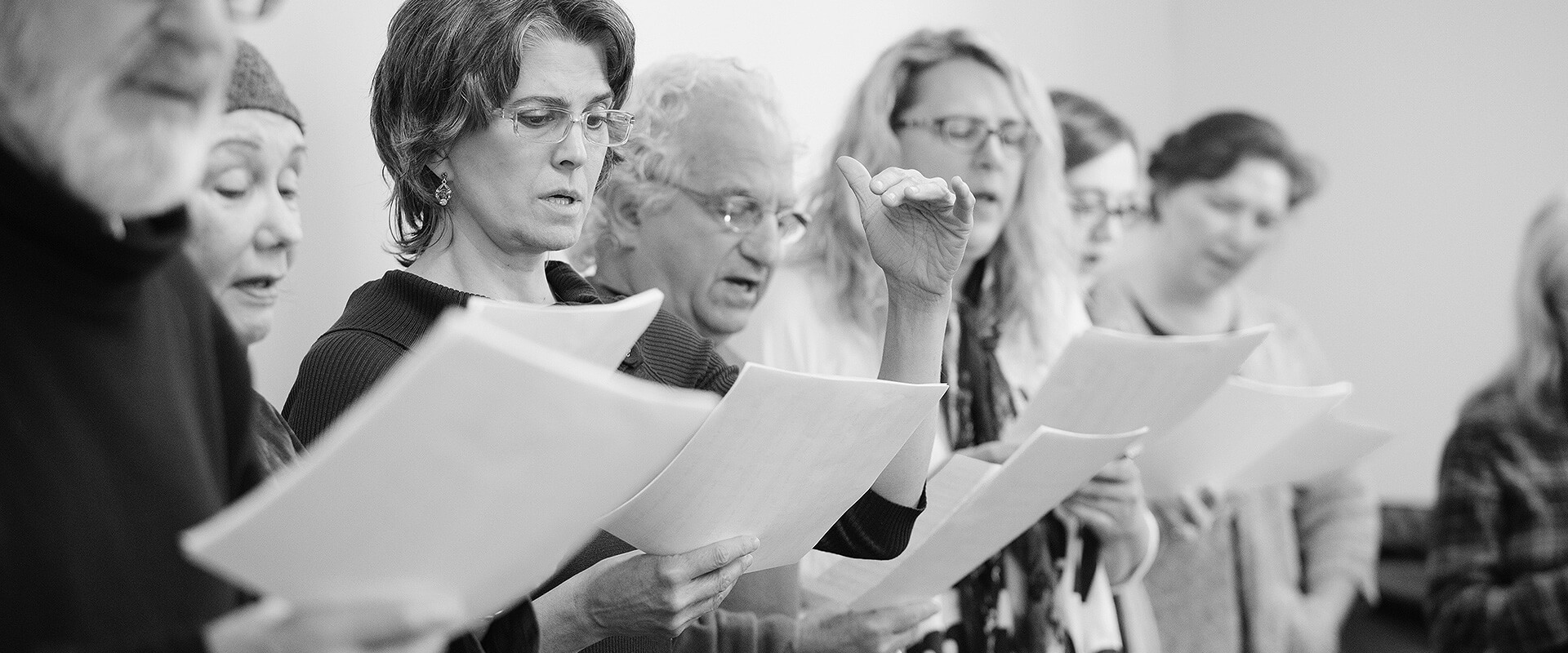The Lips
The lips serve for creating different sounds, mainly the labial consonants (using one or both lips), bilabial (as in m, p, b, etc.) and labiodental consonant sounds (as in f, v, etc.) and thus create an important part of the speech apparatus.
Besides pronunciation, the lips have an important acoustical function as they can act as a small megaphone to propel the voice forward. Your lips must remain largely relaxed while singing. The position of the lips affect the acoustics or shape of the vowel; spreading the lips, as in a smile, will likewise spread the vowel. Making the lips more vertical (less spread) by relaxing the corners of the lips, will likewise make the vowel sound more vertical which is preferable for anchoring the voice (see Anchoring).
The lips are not needed to articulate ee [i], eh [ɛ] and ah [ɑ] vowels. These are purely tongue vowels. The position of the lips in these vowels determines whether the vowels are heard as spread or vertical. The lips are essential, however, in properly articulating the oh [ɔ], oo [u] and the French eu [y] vowels. How to pronounce these vowels and keep them vertical are all subtleties addressed in the lessons; in particular, how the jaw and the lips work together to maintain the vocal presence (see Vowels) and vocal line (see Jaw).
Lip tension, like tongue tension, can affect the clarity of the vowel and even transmit tension to the soft palate and larynx in some cases. The oo [u] vowel, in particular, is usually a pitfall for singers as they are often instructed to overly close the lips which ‘swallows’ their sound.
Which part of the lips to use for lip vowels and how to apply them for tongue vowels is covered in the lessons, to maintain maximum relaxation while still properly articulating clear vowels throughout your range.
For more information or to book a private lesson, please go to the contact page.
 Montreal Voice Coach
Montreal Voice Coach